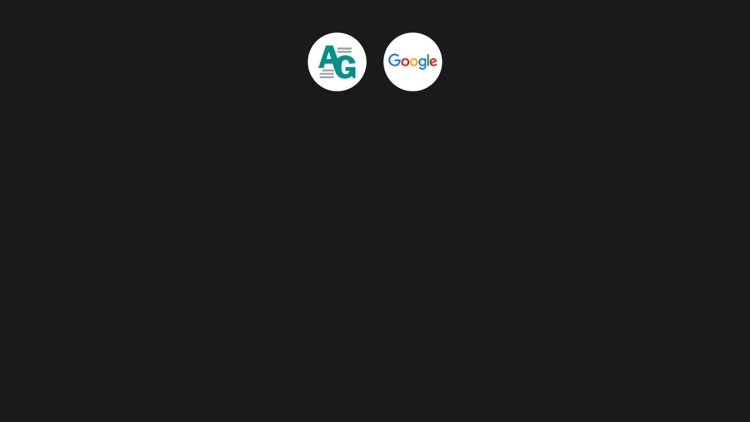Authors Guild v. Google Inc.
United States District Court for the Southern District of New York
770 F. Supp. 2d 666 (2011)
- Written by Melanie Moultry, JD
Facts
Google Inc. (defendant) scanned millions of books into an electronic database designed for use by research libraries. Google made snippets of book text available for online searching. Though many of the books were under copyright protection, Google did not obtain permission from the copyright owners to scan them. In 2005, various authors and publishers (plaintiffs) brought a class-action lawsuit against Google, claiming that Google’s use of the snippets constituted copyright infringement. Google claimed fair use as a defense under the § 107 of the Copyright Act, which allows the unauthorized use of copyrightable work for purposes such as scholarship and research. The court approved an Amended Settlement Agreement (ASA) in 2009. Among other things, the ASA allowed Google to sell access to an electronic-books database, share revenues with copyright holders, and establish a registry to distribute revenue from sources including orphan books and other unclaimed works. The ASA required Google to obtain prior, express authorization from copyright holders to use in-print books, but not out-of-print books. The ASA also allowed copyright holders to opt out of the database upon request. Several class-action members objected to Google’s ability to use copyrighted works without obtaining prior, express authorization. The plaintiffs filed a motion under Rule 23 of the Federal Rules of Civil Procedure (FRCP) for final approval of the class-action settlement under the ASA’s terms.
Rule of Law
Issue
Holding and Reasoning (Chin, J.)
What to do next…
Here's why 907,000 law students have relied on our case briefs:
- Written by law professors and practitioners, not other law students. 47,100 briefs, keyed to 996 casebooks. Top-notch customer support.
- The right amount of information, includes the facts, issues, rule of law, holding and reasoning, and any concurrences and dissents.
- Access in your classes, works on your mobile and tablet. Massive library of related video lessons and high quality multiple-choice questions.
- Easy to use, uniform format for every case brief. Written in plain English, not in legalese. Our briefs summarize and simplify; they don’t just repeat the court’s language.





